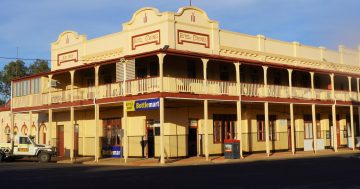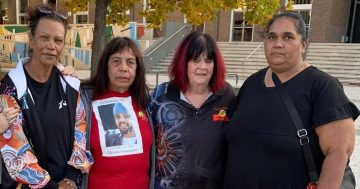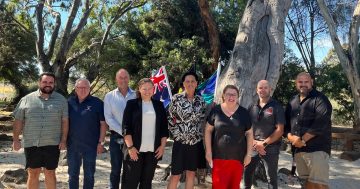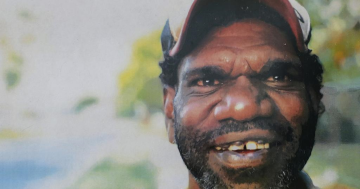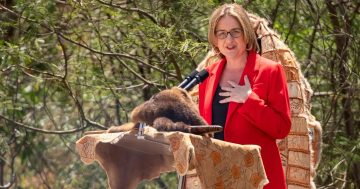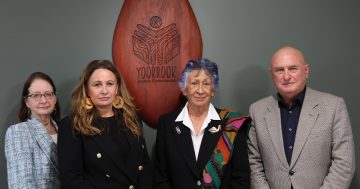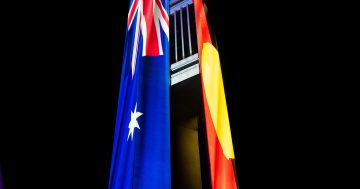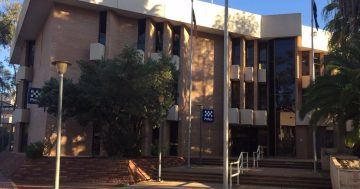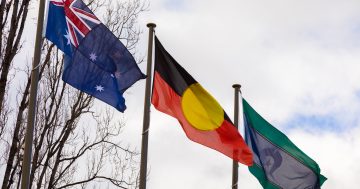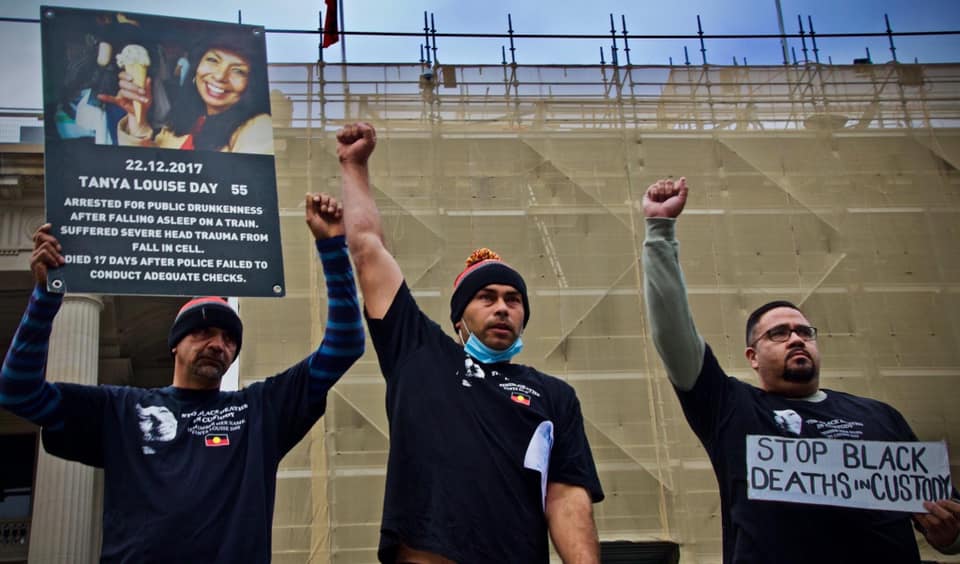
Tanya Day died 17 days after she was taken into custody. Photo: Justice for Tanya Day/Facebook.
Following years of advocacy by First Nations communities, Victoria’s parliament has decriminalised public intoxication and invested over $120 million into providing safer pathways for those in that state who need additional support.
The change was a key recommendation of the Royal Commission into Aboriginal Deaths in Custody over two decades ago, but it wasn’t until 22 August that former Premier Dan Andrews agreed to replace the offence with a public health response that could avoid situations like the death of Aunty Tanya Day in 2017.
From 7 November, the new health-led model will prioritise services for First Nations Victorians, acknowledging the overwhelming impact the former laws and police interactions have had on them for generations.
Ngwala Willumbong Aboriginal Corporation (Ngwala) will operate Aboriginal outreach services across Melbourne, Frankston and Wyndham for intoxicated Indigenous people in public, giving them transport to safety or the St Kilda sobering centre when needed.
Along with the 24/7 services available to Melbourne’s general public, like the Collingwood sobering centre being delivered by cohealth, there will be a variety of dedicated facilities across eight key areas of regional Victoria. The services have been specifically situated in local government areas that cover 98 per cent of all historic public intoxication offences by Indigenous Victorians.
The locations and lead service providers are:
- Geelong – Wathaurong Aboriginal Cooperative
- Ballarat – Ballarat and Districts Aboriginal Cooperative
- Bendigo – Bendigo and District Aboriginal Cooperative
- Shepparton – Rumbalara Aboriginal Cooperative
- Mildura – Ngwala Willumbong Aboriginal Corporation, supported by Mildura Base Hospital
- Swan Hill – Ngwala Willumbong Aboriginal Corporation
- Latrobe – Ngwala Willumbong Aboriginal Corporation
- East Gippsland – Ngwala Willumbong Aboriginal Corporation.
Both regional and metropolitan services will be coordinated through the Victorian Aboriginal Health Service (VAHS), which will work in partnership with local health and social support services to provide support for anyone facing issues with alcohol, drug addiction, family violence, homelessness, mental health and wellbeing, or financial difficulties.
For those outside the service areas, first responders will be able to access the state-wide central intake and referral service, which provides advice and recommendations to AOD (Alcohol and Other Drugs) and health services.
“These health-led reforms strike a balance between supporting people who are intoxicated and community safety, and while there is always more work to do to close the gap for vulnerable people in our community – this reform will undoubtedly change and save lives,” said Victoria’s Minister for Mental Health Ingrid Stitt.
As the response is rolled out, an Implementation Monitoring and Oversight Group will be established to track its progress and see what needs to be improved.
The new approach was coordinated with the Aboriginal Advisory Group and other Indigenous stakeholders, as well as the family of Aunty Tanya Day, whose death was a key example of why the new legislation was required.
On 5 December 2017, 55-year-old Ms Day was on a train to Melbourne from Echuca. During the journey, a ticket inspector approached her and said she was being ‘unruly’, lying with her feet blocking the aisle way. Conflicting reports from other passengers state they did not observe anything abnormal. After the inspector called the police and evicted her from the train, she was arrested for being drunk in a public place and detained in a cell at Castlemaine police station.
Despite the requirement for her to be physically checked every half an hour, she wasn’t. At around 5 pm, CCTV footage shows Ms Day falling and hitting her head on a concrete wall of the cell.
At 8:03 pm, the police checked her and called an ambulance after noticing a ‘dark, oval-shaped bruise’ on her forehead. At Bendigo Hospital, a brain scan revealed a massive bleed, which prompted a helicopter evacuation to St Vincent’s Hospital in Melbourne for emergency surgery.
Seventeen days later, on 22 December, she passed away from the serious head injury.
Ms Day’s uncle, the late Harrison Day, had his death examined by the Royal Commission into Aboriginal Deaths in Custody over 30 years ago. Mr Day died in custody in 1982 from an epileptic fit in an Echuca police cell after he was arrested for an unpaid $10 fine for public drunkenness.
Recommendation 79 of the Royal Commission stated that public intoxication should be decriminalised, but the Human Rights Law Centre points to several other occasions where the changes had been advised, including Victorian Parliament’s 2005 Implementation Review and the 2001 Drugs and Crime Prevention Committee’s Inquiry into Public Drunkenness.
On the 28th anniversary of the Royal Commission into Aboriginal Deaths in Custody, over 80 Aboriginal, health, human rights, housing, legal and women’s organisations signed an open letter calling on Premier Daniel Andrews to repeal the offence of public drunkenness.


